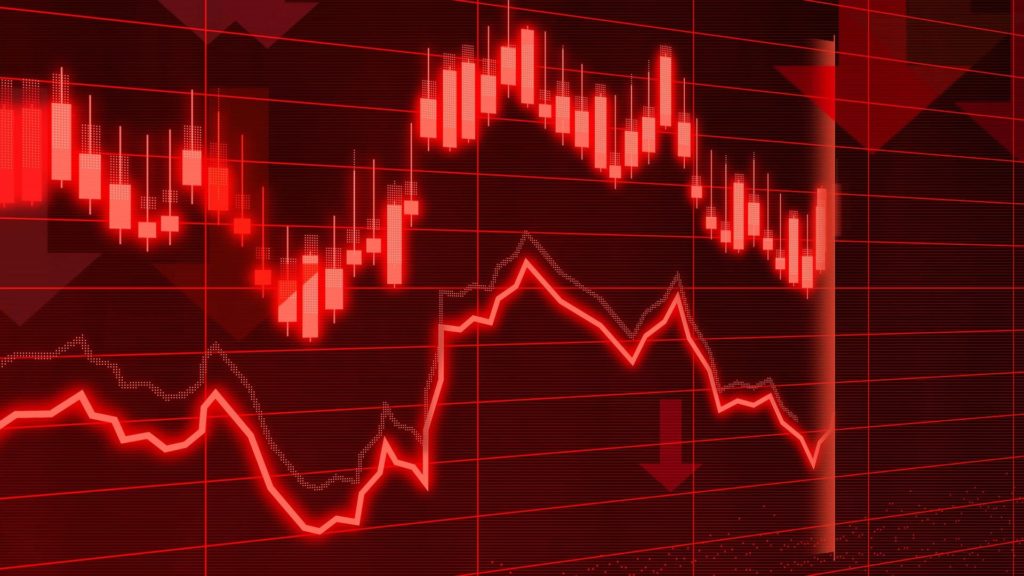Almost everyone knows what ‘futures’ are. They are one of the most basic forms of financial trading, in which a buyer and seller agree on a price for an asset at a specified future date. The resulting contract can then be bought or sold before the deadline, allowing the trader to either take advantage of fluctuations in value during that period or lock in their investment until the agreed date.
However, not many people know about contracts for difference (CFDs) or how they work. These are essentially futures without being tied to any physical assets. CFDs are derivatives that let traders speculate on whether an asset’s value will rise or fall over time without actually buying the said asset.

Why Trade with CFDs?
One of the most popular reasons for trading CFDs is that they are free from many regulatory restrictions applied to other instruments. For example, traders can trade with much more significant sums than average. It makes them ideal for high-stakes investors who want to diversify their portfolios but don’t have enough cash available to do so properly.
CFD trading in UK also has little or no transaction fees, which reduces costs and can ramp up your returns (or losses), and it’s easy to get started; you could open an account today with as little as £1,000.
What Are the Risks Involved in Trading CFDs?
Leverage
Leverage is the amount of money a trader borrows over and above what they invest. For example, if you were to purchase £3,000 worth of stocks (via CFDs) and use an additional £2,000 in borrowed funds, you would be using 2:1 leverage.
For every 1% move up or down in the value of your investment, it will move by 2%. It can quickly give some investors the wrong impression about how much risk their trading involves. Because while small moves on paper may not seem like a big deal, remember that this represents cash changes – so while there might only be a few pounds difference after a lousy day, multiply this across a much more prominent position. You could be looking at a hefty loss even if you choose the best CFD brokers.
It is even more critical as volatility increases when the market moves up or down; your account value may grow or shrink significantly in a short space of time. It makes a good trading strategy even more essential. If you’re using CFDs to play it safe, then you probably don’t need to worry too much about volatility. But if you plan on getting into higher risk trades, remember that losses can come quickly and without warning.
Unlimited Losses
The problem with leverage is that there’s no limit to how much money you stand to lose. Risks are magnified until they reach astronomical proportions. For example, an initial investment of £1,000 could be wiped out instantly by just a 1% change in the value of your CFD (or even less), while an account worth £10,000 could lose £100 on the same trade. Make sure you keep strict control of your trading budget and never invest more than you can afford to lose.
Lack of Regulation
One thing that can make CFDs very appealing is that they aren’t regulated like other markets. For example, traders who use CFDs don’t need to hold Financial Conduct Authority (FCA) permission, but neither do brokers that deal in them. There’s no official insurance on funds held with these firms, bringing its risks. If a broker goes under or is involved in some scandal, there’s no guarantee you’ll get your money back.
Restrictions
As The FCA doesn’t regulate CFDs, they don’t have to abide by rules designed to protect investors from being sold unsuitable products or being ripped off with hidden fees. If there are any restrictions on CFD trading, they might not be adequately communicated to traders, leading them to make decisions without knowing all the facts.